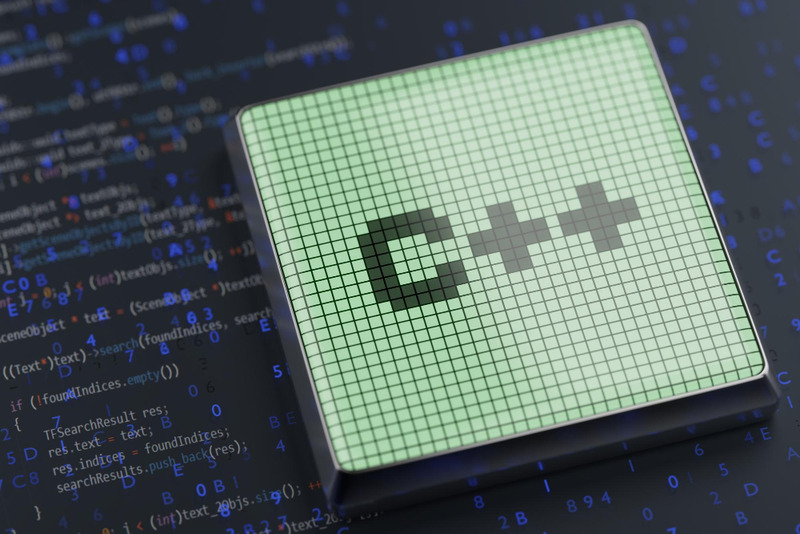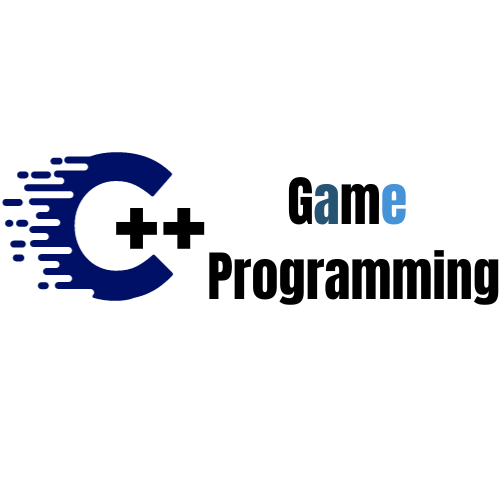Coding Adventures: Mastering C++ Game Design"









Exploring C++ Game Development
Bjarne Stroustrup created C++ programming language in 1985 as an extension to C. As an object-oriented (OO) programming language, programmers can utilize C++ for developing intricate applications with ease.
C++ is a high-level, general-purpose programming language commonly used for developing operating systems, browsers, and other performance-critical applications. It is known for its efficiency, speed, and support for object-oriented programming, making it well-suited for building complex and scalable systems.
C++ is a programming language often used in the development of software and applications, including those used for human capital management (HCM). Workday HCM is a cloud-based human resource management software that uses C++ as one of its core programming languages.This is why individuals pursuing a workday hcm course are also expected to have a strong understanding of C++.
C++ objects make an invaluable contribution to object-oriented programming paradigm, providing developers with both data and behavior in one convenient package for building code more reusable and editable than ever. They enable rapid development while adhering to principles such as polymorphism, inheritance and encapsulation resulting in clean code with greater speed of deployment and rapid iterative cycles.

An essential tool for anyone just beginning in computer programming, a compiler takes what code you write and converts it to something computers can understand and run smoothly. Compilers serve a vital function, serving as intermediaries between you and computers. A compiler transforms computer-readable and executable instructions you write using programming languages into machine code that computers understand. At your disposal are various compilers tailored specifically for different programming languages, from C++ compilers for learning C++ through Java compilers for learning Java programming languages.
A compiler is an indispensable tool that scans your code for flaws and notifies you if any are found, enabling you to fix errors quickly before running it on any hardware platform. You can use the compiler both for debugging as well as fixing.
Compilers also allow your code to run more quickly and efficiently on computers by tailoring its translation for specific hardware architecture on each system. Compilers for various programming languages are readily available; some cost money while others can be free.
Compilers are essential tools for every coder, as they convert source code to machine-readable form for writing and running applications. By employing one, abstract concepts may become executable computer code capable of accomplishing various activities while solving real world issues.
Dev-C++’s free edition and compatibility with Windows has quickly made it one of the top C++ compilers. Failing to use a compiler turns all your code into meaningless text that computers cannot interpret – similar to trying to communicate with someone fluent in another language without recourse to translation services; your instructions won’t get implemented because there will no way for both parties involved to understand one another’s instructions.
When starting off, however, free compilers will offer all of the functionality you require for success. Compilers are indispensable, but you should also possess extensive knowledge in the programming language you choose and its algorithms, in addition to knowing how to tackle problems effectively.
C++ can handle objects easily, as well as offering several features that make low-level system resource manipulation simpler. Pointers allow developers direct access to and modification of memory variables allowing effective memory management. As it allows code written in C++ to be translated directly into machine code for execution on computer processors, making C++ ideal for fast and efficient applications like operating systems and video games due to shorter execution durations. C++ provides developers with a robust standard library, including pre-written classes and functions designed to save them both time and effort by eliminating the necessity of recreating these functions from scratch.

C++ offers many advanced capabilities while remaining easy to learn and use. C programmers will find its syntax very similar, providing familiarity when they begin programming in C++. Plus, when assistance is required you’re never far away – thanks to C++’s large and active community! C++ is an adaptable programming language, blending the ease-of-use of C with OOP. From scripting applications to complex software systems, its properties make it ideal for many uses ranging from simple scripting scripts and complex software systems alike.

Problems associated with game programming in C++
Works across multiple major platforms:
First and foremost, one of the primary challenges of C++ game development lies in making sure it works across multiple major platforms: this includes Windows, Mac OS X and Linux. Since game libraries and code don’t always provide cross-platform support for development teams to use directly; sometimes workarounds must be devised or programming written from scratch may need to be created separately from an original idea which may increase development costs significantly.
Usage efficiently:
C++ is a low-level programming language and as such requires developers to ensure memory usage efficiently when programming games; since games utilize vast quantities of memory. Game creators face formidable memory leakage issues which could cause crashes and adversely affect game performance; in order to remain effective game creators must manage these effectively to stay ahead of their rivals in game creation and gameplay performance.
Challenging Learning the Language:
C++ can be more difficult to master than other game development languages like Unreal or Unity, so newcomers to C++ may face additional hurdles than older developers in order to successfully work within its ecosystem. Object-oriented programming concepts and data structures and algorithms must all be well understood before beginning development with C++; new developers who lack these background may face further difficulty as an obstacle.
Multithreading in C++ can be challenging
Multithreading in C++ can be challenging to design correctly and, when not implemented correctly, may lead to performance problems, race conditions and defects that impede game programming activities such as physics simulation, AI implementations or networking capabilities. C++ game programmers face particular difficulty when developing multi-threaded game code which plays an integral part of developing interactive experiences on mobile phones or consoles.
Testing and Debugging:
Due to C++ being a compiled language, testing and debugging may prove more complex due to its lack of dynamic features. Debugging can take more time due to developers needing to recompile all code every time they make any modifications compared to other programming languages like Python or Ruby.
Optimizing for Multiple Platforms:
When making games that must operate across different platforms, optimizing them to each can be tricky. To make sure gameplay and performance run optimally across them all, developers may require making platform-specific tweaks to C++ code for optimal gameplay and performance on each one.
Lacks native support
C++ lacks native support for scripting compared to other languages, which poses an obstacle for game creators who wish to incorporate scripted capabilities. To accomplish this task, they must incorporate third-party libraries or libraries that support scripting; an undertaking which may prove costly in both time and resources.
C++ stands apart from other video game development languages in that it does not come equipped with audio and graphics libraries preinstalled; using third-party libraries such as DirectX, OpenGL or SDL requires additional expertise from developers as it may take longer to install than anticipated.
Updates and Maintenance:
As libraries and APIs update, C++ game programming becomes even more challenging for developers, necessitating lengthy adjustments to address compatibility concerns that delay game releases.
Development can take time:
Development can take time: Due to all these complications, development may become time consuming and lengthy. Crafting an engaging C++ game that runs efficiently takes significant planning, efficiency coding, and testing for quality assurance.
© Copyright @2024 CPP Game Programming. All rights reserved
